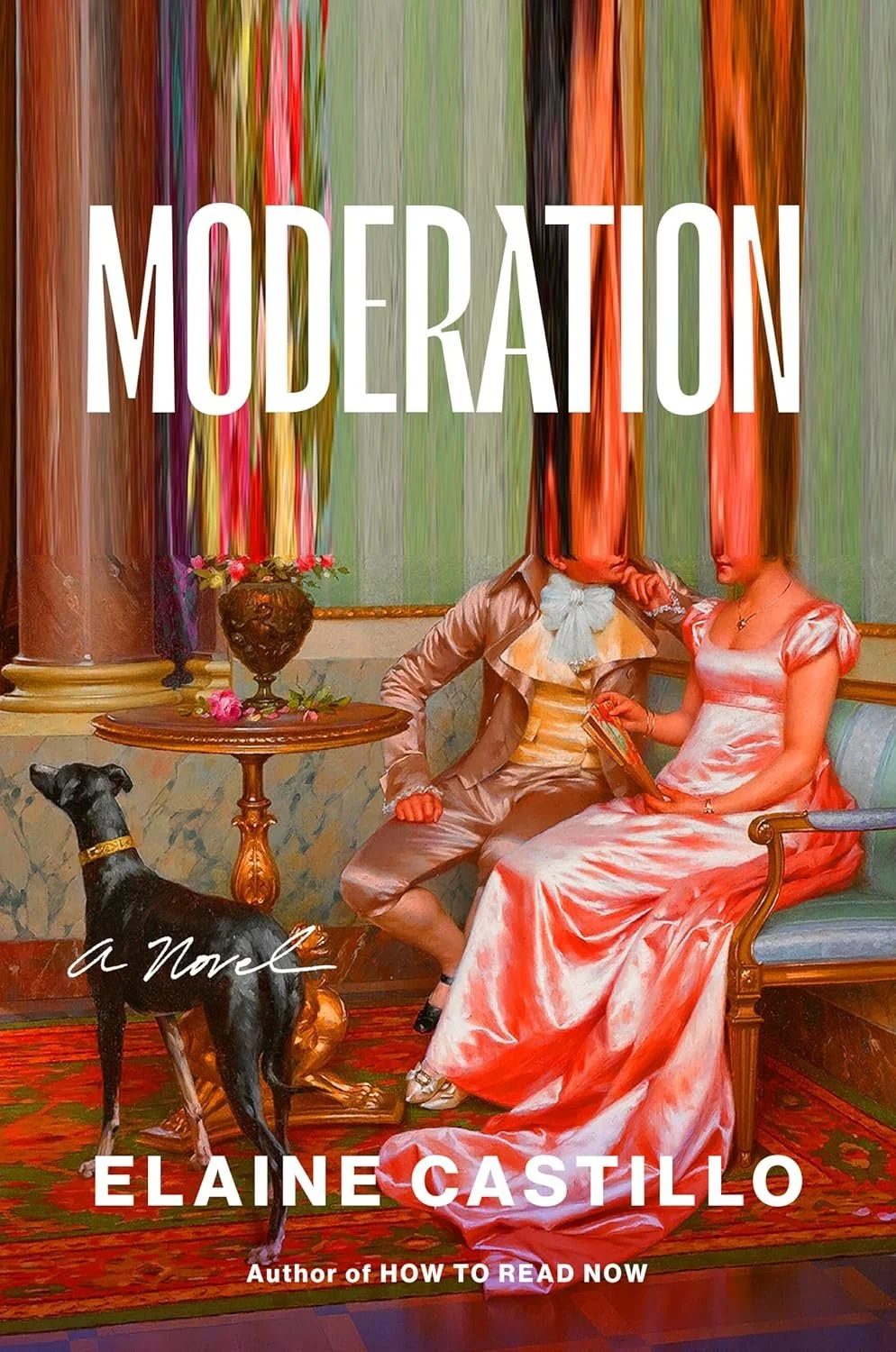The Damages, Genevieve Scott
Set in the context of the pandemic and the boom of the MeToo movement, Genevieve Scott offers a complex and personal story of shame, blame and belated fights for justice in a new age.
Ros is unsure of herself in her short time at Regis University, morphing into whoever she imagines her friends and perfect strangers alike want to see at any given moment. She could never have foreseen how being such a chameleon would backfire. Over twenty years after leaving, Ros remains shaken by what did and didn’t happen on the night her roommate Megan went missing – the father of her child is now being accused of sexual assault. There is a fascinating paradox to this narrative. It is recounted in a soberingly transparent manner by a character who admits that what she remembers most about that disastrous week is ‘trying to keep track of all the lies [she] told’. Ros seems to be the only member of her cohort who acutely recalls what happened the night Megan vanished.
Despite Ros being deeply selfish and often spineless in her youth, I was still rooting for her in the present day. She is now seemingly aware of her mistakes and takes responsibility for them in small ways after allowing them to eat her alive for decades. For me, part of the thread of injustice in the novel is that those closest to Ros at Regis are quick to eternally shun her for slip-ups made at the age of 18. When the opportunity comes to face the events of the past again, she becomes determined and pushes through her pride to take action, despite the huge risks posed to her family.
Who readers side with will likely waver throughout, which forges a gripping reading experience. Nothing is quite as it seems, and the motives of certain characters are left open to interpretation. It’s a perfect book club choice. The Damages reminded me how much attitudes towards sexual harassment and assault have changed for the better since the turn of the century in large parts of the world. Equally, it highlighted the difficulties that persist in pressing charges for a variety of reasons, including, as in this case, status and loyalties.
Editorial Picks




